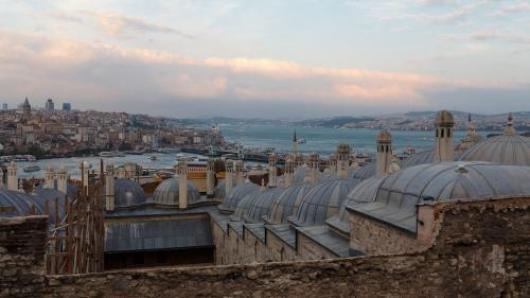Modern Masterpieces of World Literature

- Introductory
Add a Verified Certificate for $209

The recent history of world literature
How literary works are transformed by cultural transmission
How to critically analyze literary works
Historical and political context in China, Argentina, Turkey, and more
Based on the second half of the Masterpieces of World Literature edX MOOC, this short literature course examines how writers reach beyond national and linguistic boundaries as worldly readers and travelers, and how their modern fictions rise to the status of world literature.
These masterpieces of modern world literature take part in a tradition of weaving small stories into ambitious projects—one that reaches back to medieval tales and extends forward to contemporary novels. Throughout the course, you will learn how these writers use their fictions to engage directly with the political and social concerns of their present and of a globalized modernity, relating experiences of exploration, migration, international conflict, and cultural exchange.
Introduction: What is World Literature? (Goethe)
West-Eastern Conversations (The 1001 Nights)
Enlightenment in the Colonies (Candide)
China and Its Neighbors (Lu Xun and Eileen Chang)
Inventing Latin America (Jorge Luis Borges, Ficciones)
From Empire to Globe (Wole Soyinka, Death and the King's Horseman)
East-West Encounters (Salman Rushdie, East, West; Jhumpa Lahiri, The Interpreter of Maladies)
Istanbul in – or as – the World (Orhan Pamuk, My Name Is Red)